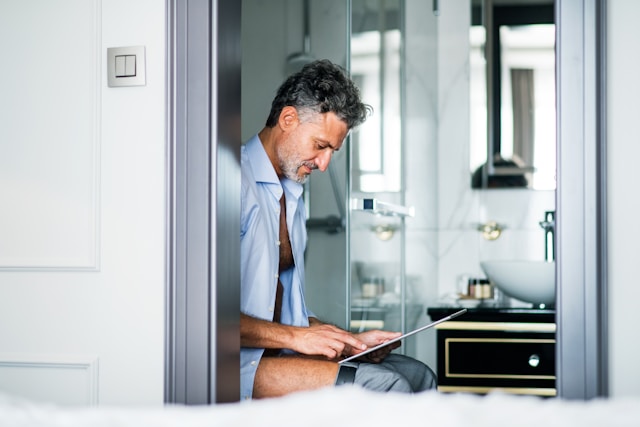Embracing the Minimalist Lifestyle: A Path to Personal Freedom and Sustainability
In recent years, the minimalist lifestyle has gained traction among people seeking a more meaningful and simplified way of living. This movement, characterized by the mantra “less is more,” advocates for reducing material possessions to essentials and focusing on experiences and relationships that truly enrich our lives. Embracing minimalism can lead to personal freedom, increased financial savings, and a smaller ecological footprint, making it a path worth considering for those looking to make a significant change in their lives and the world around them.
The Essence of Minimalism
Minimalism goes beyond just decluttering physical spaces; it’s about decluttering your life. It involves taking a critical look at your possessions, habits, and commitments, and asking whether they add value to your life. This philosophy can be applied to all aspects of life, from the clothes in your wardrobe and the gadgets in your home to the activities filling your schedule. By focusing on what truly matters, minimalists find more space, time, and energy for the things they love.
Benefits of Adopting a Minimalist Lifestyle
- Increased Financial Freedom: One of the most immediate benefits of minimalism is financial savings. By prioritizing needs over wants, individuals can significantly reduce their spending on non-essential items, leading to more savings and less financial stress. This financial buffer can open up opportunities for travel, investment, or even a career change.
- Enhanced Focus and Productivity: A clutter-free environment leads to a clutter-free mind. Minimalists often report higher levels of concentration and productivity, as there are fewer distractions in their living and working spaces. This heightened focus can lead to better performance in professional and creative endeavors.
- Improved Well-being: The minimalist lifestyle encourages living in the moment and appreciating what you have. This mindfulness can lead to improved mental health, reducing feelings of anxiety and dissatisfaction linked to the pursuit of material possessions. Additionally, a simpler lifestyle can promote physical health through less stress and more time for exercise and outdoor activities.
- Environmental Sustainability: By consuming less and choosing quality over quantity, minimalists contribute to reducing waste and the demand for resources. This lifestyle aligns with sustainable living practices, such as recycling, reusing, and choosing eco-friendly products, which collectively can have a significant positive impact on the environment.
Getting Started with Minimalism
Embracing minimalism doesn’t mean you have to live with the bare minimum or give up items that hold sentimental value. It’s about making conscious choices and finding the right balance that works for you. Here are a few steps to get started:
- Declutter Your Space: Begin by decluttering your living and working spaces. Donate, sell, or recycle items you no longer use or need.
- Evaluate Your Spending: Keep track of your spending for a month. Identify areas where you can cut back on non-essential expenses.
- Simplify Your Commitments: Assess your commitments and obligations. Prioritize those that are most important to you and consider stepping back from those that are not.
- Practice Gratitude: Focus on being grateful for what you have. Cultivating a sense of gratitude can help shift your perspective from what you lack to the abundance already present in your life.
Adopting a minimalist lifestyle is a personal journey that looks different for everyone. It’s not about achieving perfection but about making intentional choices that bring more joy, satisfaction, and freedom into your life. Whether you’re drawn to minimalism for its financial benefits, environmental impact, or the promise of a simpler life, this lifestyle offers a path to rediscovering what truly matters to you.






